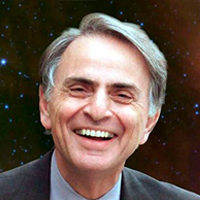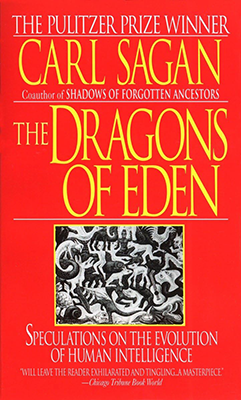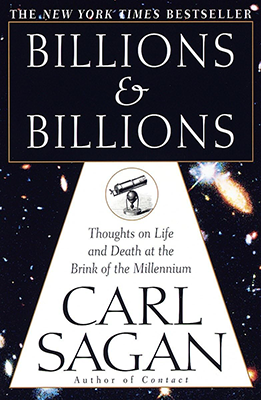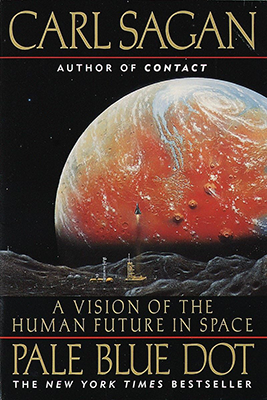
Carl Sagan
Carl Sagan’s life story is one of intellectual curiosity, scientific exploration, and a passionate commitment to sharing the wonders of the universe with the public. Born on November 9, 1934, in Brooklyn, New York, Sagan showed an early interest in science, sparked by visits to the 1939 New York World’s Fair and by reading science fiction.
Sagan’s academic journey began at the University of Chicago, where he earned a bachelor’s degree in physics in 1955. He then pursued graduate studies in astronomy and astrophysics at the University of California, Berkeley, where he earned his Ph.D. in 1960. During his time at Berkeley, Sagan became interested in the possibility of life on other planets, a theme that would become central to his research and public outreach efforts.
After completing his Ph.D., Sagan joined the faculty at Harvard University as an assistant professor. In 1968, he moved to Cornell University, where he spent the rest of his career as a professor of astronomy and space sciences. At Cornell, Sagan conducted research on planetary atmospheres, particularly those of Venus and Mars, and played a leading role in several NASA missions, including the Mariner, Viking, and Voyager spacecraft missions.
In addition to his scientific work, Sagan was a prolific author and popularizer of science. He wrote numerous books, including “The Cosmic Connection,” “Broca’s Brain,” and “Pale Blue Dot,” which became bestsellers and helped to make complex scientific concepts accessible to a broad audience. Sagan’s most famous work, “Cosmos: A Personal Voyage,” was a 13-part television series that aired in 1980 and was watched by millions of viewers around the world.
Throughout his life, Sagan was a vocal advocate for scientific literacy, skepticism, and the responsible use of technology. He spoke out against nuclear weapons and environmental degradation and championed efforts to search for extraterrestrial intelligence. Sagan’s influence extended beyond the scientific community, and he became a cultural icon known for his distinctive voice, engaging personality, and ability to inspire wonder and curiosity about the cosmos.
Carl Sagan passed away on December 20, 1996, but his legacy continues to inspire scientists, educators, and science enthusiasts around the world. His contributions to our understanding of the universe and his efforts to communicate the beauty and importance of science have left an indelible mark on both science and popular culture.




